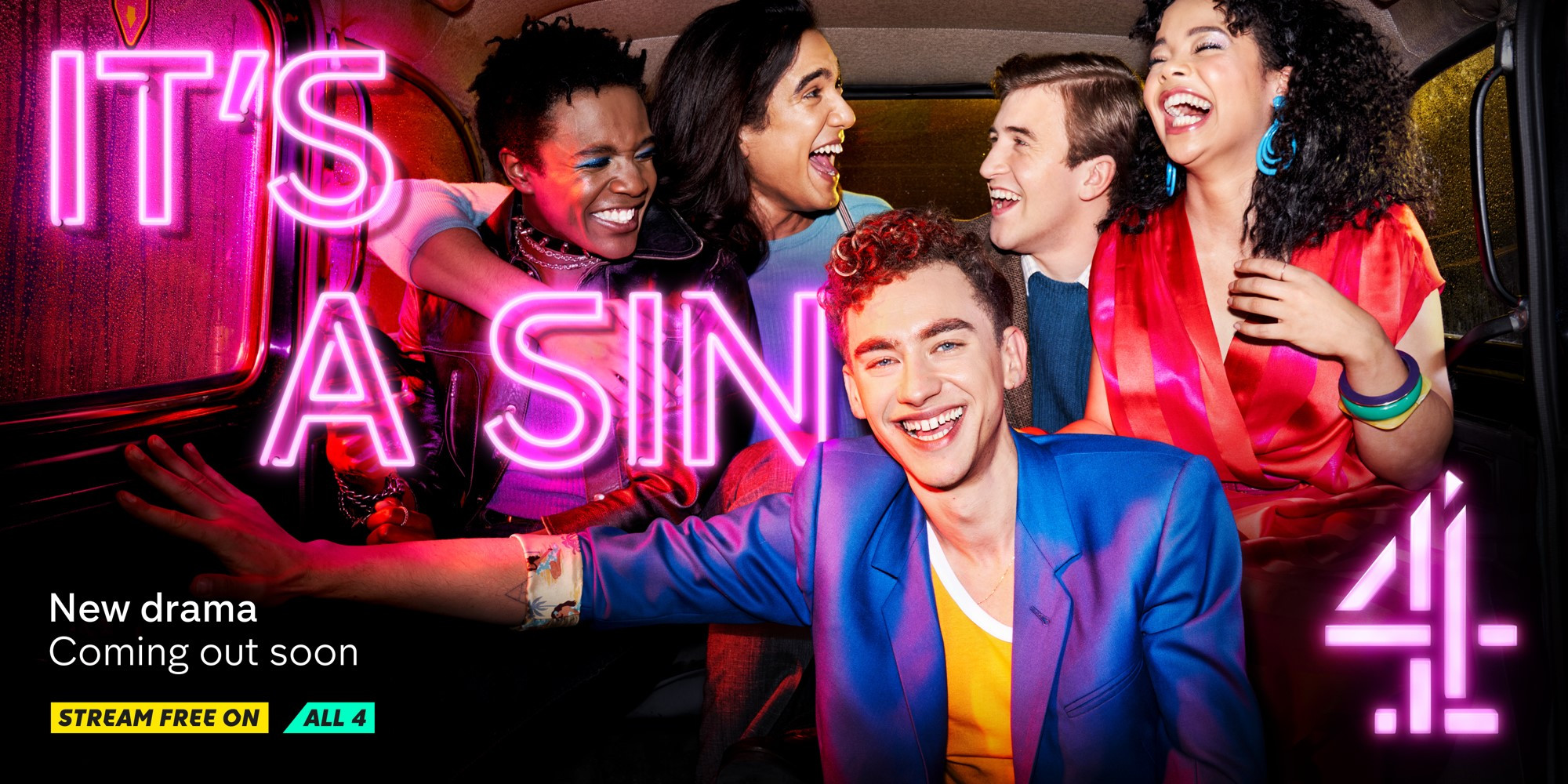The AIDS epidemic is to many gay content creators what World War II is to Steven Spielberg and Tom Hanks: infinitely more interesting than anything that has happened since.
How else to explain the preponderance of AIDS-centric art still being made, while more contemporary stories languish? Each new project—from Matthew Lopez’s Tony-nominated ass buster of a play The Inheritance to Russell T. Davies’ new series It’s a Sin—arrives with a barrage of publicity in which the stars and creators talk about the importance of not letting the tragedy drift from the public consciousness. But is that going to happen? How can we forget when every year brings another movie or play or series? Dallas Buyer’s Club was less than a decade ago, and it scored Academy Awards for stars Matthew McConaughey and Jared Leto. Pose earns Emmys for its portrayal of drag ball culture in the early ’90s in the midst of the epidemic. Rami Malek won an Academy Award for playing HIV-positive Freddie Mercury. And a recent production of Angels in America won Tony Awards for stars Andrew Garfield and Nathan Lane.
Nor do AIDS dramas ever focus on what it’s like to live with HIV for years or decades, a story that is still, sadly, a relevant one. We want the trappings of the distant past so that we remain at a remove, keeping it within the realm of recent history while congratulating ourselves for the strides we’ve supposedly made since then.
What is also missing from queer content are stories about contemporary life, where, thanks to huge advances in prevention, the AIDS epidemic is thankfully not looming over the gay community as it once did. Never mind the gay romantic comedy we all so desperately crave; where is the gay romantic drama? Mike Doyle’s Almost Love is a prime example of what we should demand more of, but it got buried in its release during the first weeks of quarantine. Witty and wry, it was a look at a longterm couple and the sacrifices and compromises we make in our everyday lives with a partner.
Of course, Almost Love isn’t tragic, and that might be the problem. In order to reach a mainstream audience, movies centered on the LGBTQ+ experience almost seem required to highlight suffering. (This is also true of queer novels.) Brokeback Mountain let its characters have one another for a short period, then filled the rest of its running time with the destructive quality of their love. Boy Erased nabbed A-list stars like Nicole Kidman to explore the horrors of conversion therapy. Even Rocketman focused most of its running time on Elton John’s addictions and demons.
This is reflected in politics as well. The push for gay marriage ultimately centered on arguments like, “My lover is dying, and I can’t see him!” or “My lover died, and I can’t inherit her property!” That, apparently, is more humanizing than an argument like, “As a person, I deserve the same rights as heterosexuals.”
So we’ll keep getting period dramas about the AIDS epidemic—notice it’s never about the shockingly high rate of infection in the BIPOC community today, just white gays being noble in Lacoste—or contemporary stories that still prioritize that era over our own because that’s what sells. Critics and audiences may rail against the “Bury your gays” trope, but it’s alive and well in other, prestige-laden guises. And we’re so hungry for representation we let them continue to feed us these crumbs.




